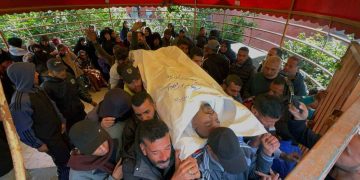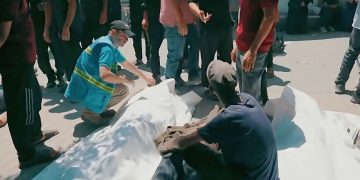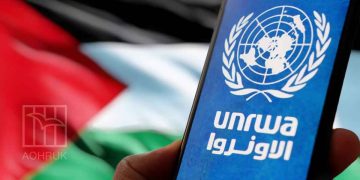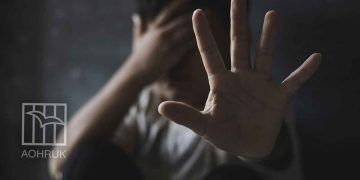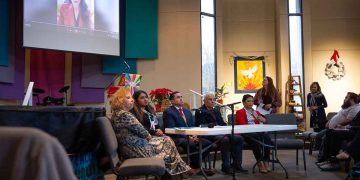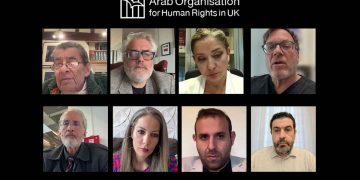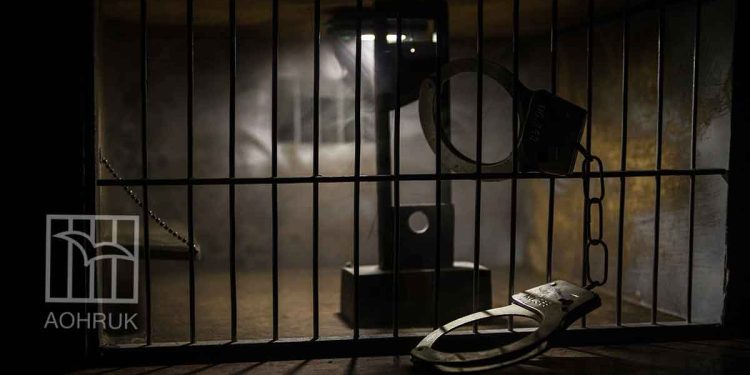A leaked letter from inside the “Rehabilitation 5” prison at the Wadi Al-Natroun prison complex has revealed serious violations that threatens the lives of political prisoners. The letter describes systematic medical neglect, mistreatment, and deprivation of basic rights, amid inhumane detention conditions that contravene both national laws and international standards on the treatment of prisoners.
According to the letter, sick and elderly prisoners are deliberately denied medical care, leading to the deterioration of their health. Some have lost their eyesight due to incomplete surgeries, while others suffering from chronic illnesses, such as cancer, are left without any medical care or even access to the prison clinic.
This deliberate deprivation of medical treatment constitutes a serious violation that amounts to cruel and inhumane treatment, and it could even amount to “slow killing” under international legal standards.
The letter also highlights severe restrictions on prison visits. The legally mandated one-hour visitation period has been reduced to just 15 minutes, and prisoners are forced to speak to their families from behind glass cabins, preventing any direct or physical contact with their families. This practice violates their guaranteed rights under Egyptian prison regulations, which stipulate that visits should be conducted without barriers and for a sufficient period of time.
The leaked letter also touched on the harsh conditions in which detainees live, including being denied winter clothing, blankets or having heaters. Prison authorities prohibit them from receiving warm clothing or any means of protection against the freezing temperatures inside their cells, putting their lives at risk.
Additionally, the prisoners’ right to exercise is heavily restricted. They are only allowed out into the prison yard twice a week for just two hours, during which they are forced to wear handcuffs, in direct violation of international standards that guarantees the prisoners’ right to exercise freely.
The letter further reveals that detainees are prevented from participating in any educational or cultural activities, with the prison administration prohibiting their access to books, papers, and pens. This represents a clear violation of their right to education and freedom of expression guaranteed under the Egyptian constitution and international agreements.
Moreover, prisoners who attempt to protest against these violations or demand their rights face arbitrary disciplinary measures, including being placed in solitary confinement as a form of punishment to silence them and deter any peaceful protest against their harsh detention conditions.
Given these serious violations, an immediate and independent investigation into the treatment of detainees at Wadi Al-Natroun prison must be carried out, where those responsible for these violations must be held accountable. Immediate steps must be made to improve prison conditions, ensure access to medical care, and end repressive practices such as solitary confinement, medical neglect, and visitation restrictions.
These violations pose a serious threat to the lives of political prisoners in Egypt, and requires urgent intervention by the relevant authorities to prevent further suffering and safeguard their fundamental human rights, from which they are being deprived inside Wadi Al-Natroun prison.



